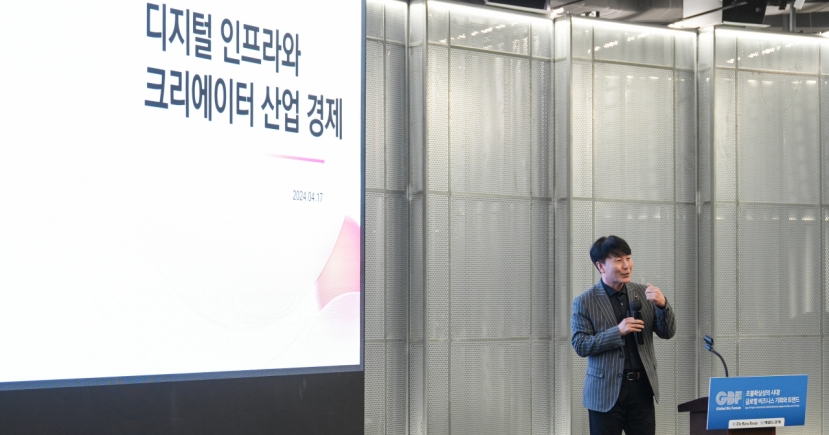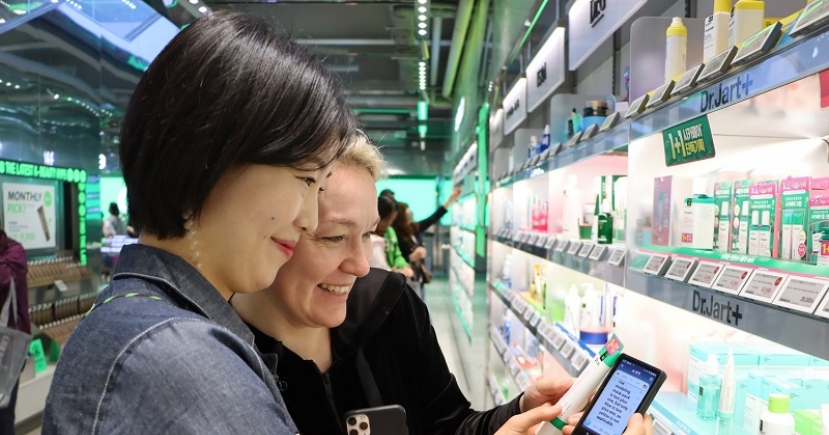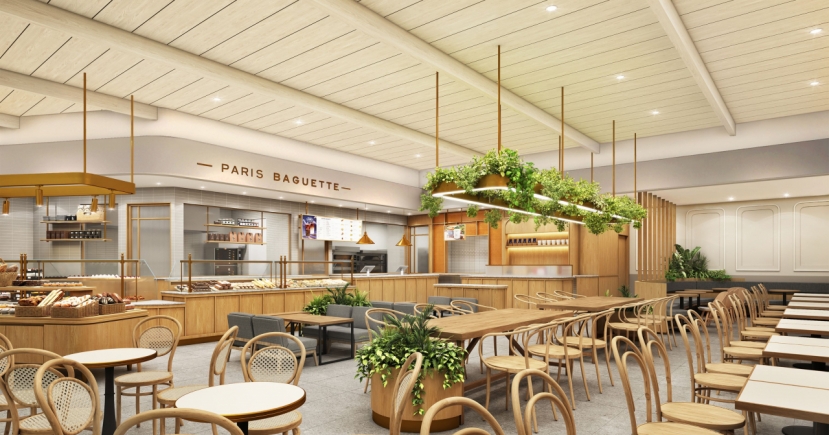Economy
From beer to package tours, figures show spreading boycott of Japanese products
The boycott of Japanese products and services seems to be gaining ground here as a bilateral trade war with South Korea entered the third week.
According to convenience store chain CU, the sales of Japanese beer brands during the first 18 days of the month fell by 40 percent from the same period last year. GS25 also saw a 24 percent drop during the same period.
E-mart, a hypermarket chain of Shinsege Group, said the sales of Japanese beer brands between July 1 and 18 dropped by 30.1 percent from a month ago.
Japan’s Asahi Breweries was the No. 2 most sold imported beer brand in the first half of this year in Korea but this month its ranking fell to sixth place.
 |
Protesters stage a rally on July 20, in front of the former site of the Japanese Embassy in central Seoul, criticizing Tokyo’s recent move to impose curbs on exports to South Korea. Some protestors held placards reading “No Abe” and “Japan should apologize.” (Yonhap) |
Uniqlo, Japan’s fashion brand owned by Fast Retailing which recorded 1.3 trillion won ($1.1 billion) in sales in the country last year, does not disclose sales data. But according to a credit card company that wished to remain anonymous, Uniqlo and consumer goods brand Muji’s sales dropped 26 percent and 19 percent, respectively, since the boycott campaign took off in earnest.
Amid declining sales, Fast Retailing on July 22 issued an apology for remarks by its CFO Takeshi Okazaki, who on July 11, said the impact of the current boycott will not last long.
In a statement released both in Korean and Japanese, Uniqlo apologized for the remarks that it claimed were intended to mean that the CFO had “hoped” not “thought” the impact will not be long-lasting.
An increasing number of tourists are also shunning Japan as their summer vacation destinations.
A leading tour company Hana Tour said the number of reservation bound to Japan more than halved from last year’s 1,200 people a day to 500. Mode Tour also said its reservation fell by 70 percent from the same period last year.
Some travelers are canceling their planned trips despite the cancellation fees. Yellow Balloon said the cancellation rate for Japanese trips reached 50 percent in the first 18 days of July.
Interpark Tour also reported new reservations plummeted 50 percent while the cancellation rate jumped twofold since July 8.
Japan is one of the most frequently visited destinations by Koreans. In 2018, 7.53 million Koreans visited Japan, according to the Japan National Tourism Organization.
Home shopping channels Lotte Home Shopping and GS Home Shopping have abandoned plans to sell package tour programs to Japan on their channels.
Some low budget airlines are axing some routes to Japanese cities. Air Busan is cutting the number of routes between Daegu-Osaka and scrapping the Daegu-Tokyo route all together.
The boycott Japan movement have gained support not only from buyers but also from sellers. A small and medium self-employed business association has launched a campaign that urges its members to remove Japanese products from the shelves.
Two regional associations of 16 branches of Korea Pharmaceutical Association -- Gyeongnam and Jeonbuk branches -- on July 19 announced that they would join the anti-Japanese movement.
Since July 4, Japan has been applying export restrictions on Korea for three key materials crucial for the production of semiconductors and displays, in apparent response to Seoul’s handling of a wartime forced labor issue.
By Park Ga-young (gypark@heraldcorp.com)








